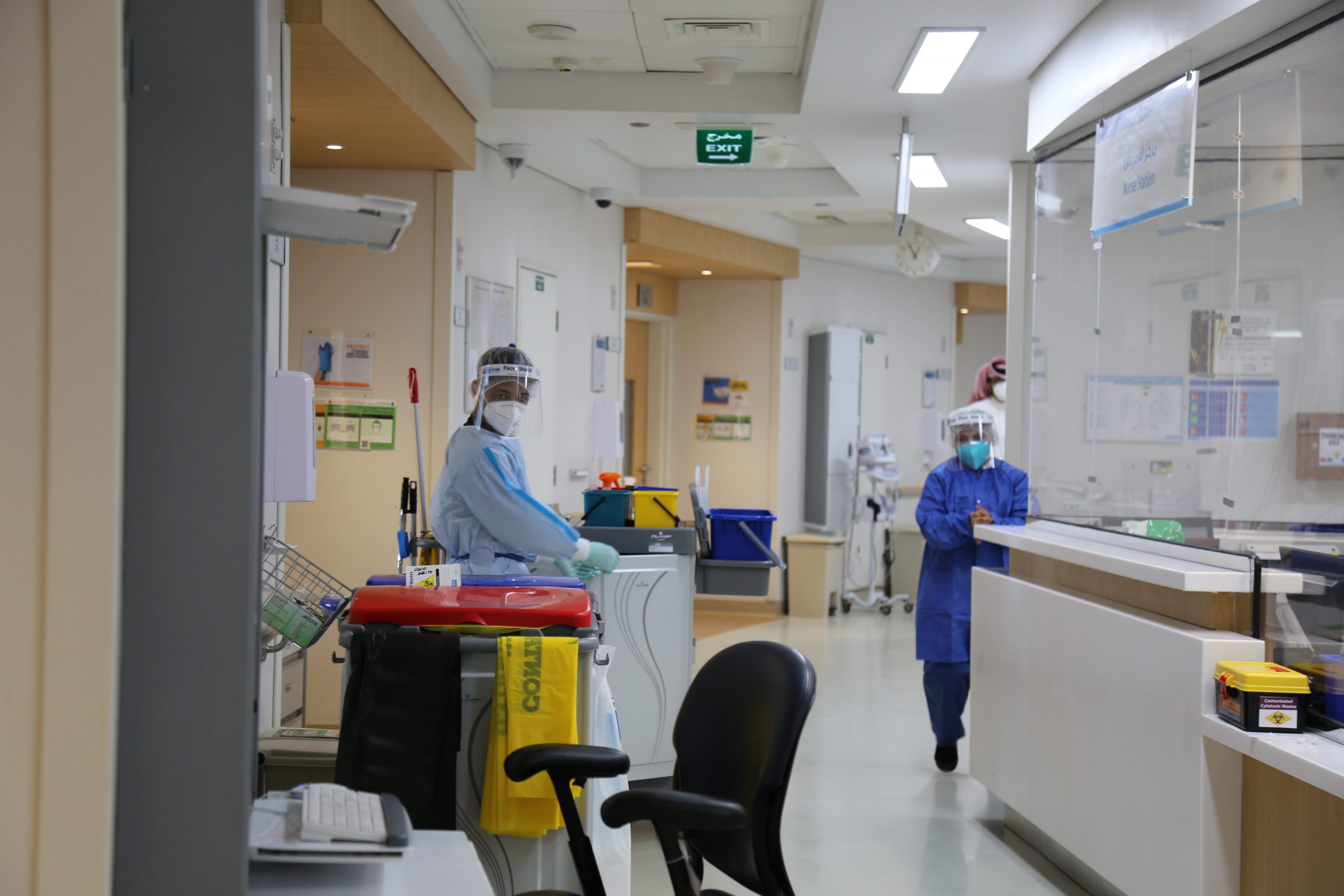Health authorities have been expanding the vaccination campaign, with the third dose finally rolling out for high-risk groups.
Qatar reported less than 50 new Covid-19 community cases in the last 24 hours for the first time in months, new statistics from the ministry of health have shown.
In the last month, the number of daily cases has been drastically decreasing nationwide with 67 new confirmed cases on Sunday, 40 of which were detected among the community while the remaining 27 came from travellers.
This marks the first time since 19 September that cases have dropped below 100. Prior to that, the number of daily reported cases have not dropped this low since 11 July, when 86 cases were recorded.
Sunday’s statistics also showed one death (aged 81), increasing the total death toll to 605.
Meanwhile, 25 people recovered over the past 24 hours, bringing the total number of recoveries in Qatar to 234,259. As it stands, there are 1,434 active Covid-19 cases in Qatar.
The hopeful figures come as health authorities in Qatar confirmed that over 81% of the country’s total population have received two doses of the Covid-19 vaccine, marking a significant milestone in the country’s rapidly expanding immunisation campaign.
So far, over 4,692,503 Covid-19 shots have been administered in Qatar since the start of the National Covid-19 Vaccination Programme in December. Some 2,454 doses have been given in the past 24 hours alone.
Earlier this month, Qatar’s MoPH began administering Covid-19 vaccine booster shots for high-risk individuals and announced plans to roll this out to the rest of the public in due course.
Read also: Qatar’s third Covid-19 booster shot rollout sparks online discussion
All immunodeficient high-risk individuals who have taken their second dose of the vaccine over eight months ago are now eligible to receive the third dose of the Pfizer-BioNTech or Moderna Covid-19 vaccine.
In late August, the MoPH approved the use of a third dose of Covid-19 vaccines for those with immunodeficiency diseases, noting these individuals may not get the level of immunity from a two-dose vaccine series compared to people who are not immunocompromised.
The first phase of the booster programme will focus on specific groups, including those over 65 years of age and vulnerable people with chronic conditions that increase their risk of a severe Covid-19 infection, as well as frontline healthcare workers and other sectors.
The move comes after recent clinical evidence revealed, for most people, that protective immunity obtained from the primary two vaccine doses gradually starts to decline after an eight month period.
All individuals eligible for the booster dose will be contacted by Primary Health Care Corporation to set an appointment. People who have already surpassed eight months since their second dose and have not been contacted by PHCC can call 4027 7077 to make an appointment.
Vaccines for children
In addition, last week, Pfizer Inc. and BioNTech SE announced positive results from Phase 2/3 trials showing administering a smaller dose of the Covid-19 vaccine is safe and effective in children aged 5 to 11 years.
The pharmaceutical giant said in its latest report that the results of the trial showed a “favourable safety profile and robust neutralising antibody responses in children 5 to 11 years of age using a two-dose regimen of 10 µg administered 21 days apart, a smaller dose than the 30 µg dose used for people 12 and older.
“The 10 µg dose was carefully selected as the preferred dose for safety, tolerability and immunogenicity in children 5 to 11 years of age. These are the first results from a pivotal trial of a Covid-19 vaccine in this age group.”







